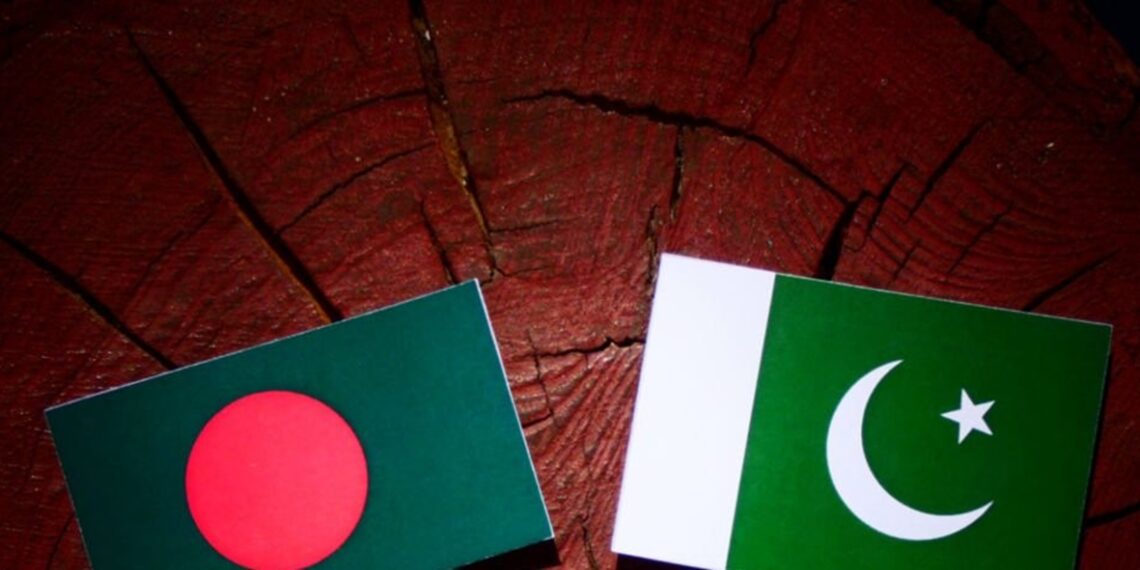During Ishaq Dar’s visit to Dhaka on August 24–25, 2025, Bangladesh placed three old but unshakable demands back on the table: a formal apology for 1971, settlement of pre-independence assets, and the repatriation of stranded Pakistanis.
Dar’s reply—that these issues had been “settled” in 1974 and again in 2002—was flatly rejected by Dhaka. While one agreement and several MoUs were signed, the talks hit a familiar wall: accountability for 1971.
The apology that actually counts: a motion in Pakistan’s Parliament
Press statements or a leader’s “expression of regret” are not the same as accountability. If Islamabad is serious, it must go beyond diplomatic phrases and table a resolution in the National Assembly and Senate that:
* Formally apologizes for the atrocities committed in 1971, naming the institutions responsible.
* Recognizes victims and survivors, while committing to archives, memorialization, and access to records.
* Directs the executive to conclude the assets settlement with Bangladesh within a clear, time-bound schedule.
* Commits to a repatriation roadmap for stranded Pakistanis who self-identify as Pakistani nationals and seek relocation.
Why Parliament? Because such a resolution binds the state, not just one government. It signals that Pakistan’s democratic institutions accept responsibility. Dar’s insistence that matters were already “settled” only proves why a clear parliamentary vote is overdue.
The Repatriation Question
The background
The community in question consists largely of Urdu-speaking “stranded Pakistanis” (often referred to as Biharis) who sided with West Pakistan in 1971 and later opted for repatriation. Many others—particularly minors at the time of the war or those born afterward—have since been recognised as Bangladeshi citizens by the courts.
Repatriation began in 1973 under ICRC (International Committee of the Red Cross) auspices. By 1982, about 169,000 people had been relocated to Pakistan. But the process stalled in the early 1990s and has since remained frozen.
Today’s pressure points in Bangladesh
Bangladesh still hosts dense camp clusters such as Geneva Camp in Mohammadpur, Dhaka. Chronic overcrowding, statelessness, and exclusion have turned these areas into magnets for organised crime.
Over the past year, mainstream Bangladeshi outlets have documented repeated lethal clashes linked to drug trafficking inside and around Geneva Camp.
Most notably in August 2025 when a teenager was killed in the rival Gang violence. Earlier in Nov 2024, a media investigation mapped 22 active trafficking groups across nine sectors of the camp.
These accounts do not criminalize the entire community. They reveal how poverty and legal limbo create vacuums that gangs exploit, burdening Bangladesh’s security forces and straining its internal resources.
The bottom line: Bangladesh has recognized many residents as citizens, but a residual population continues to identify as Pakistani and demands repatriation.
Islamabad cannot continue outsourcing the human and security costs of this unfinished commitment to Dhaka.
Assets & accounts: pay what’s due
The question of pre-1971 assets remains unresolved. In April 2025, Bangladesh formally tabled a figure of $4.52 billion as outstanding claims—covering foreign aid, provident funds, and savings instruments. Without a payment plan, any talk of a bilateral “reset” is little more than cosmetic diplomacy.
Why this matters for Islamabad, too
A Parliament-backed apology, paired with a credible repatriation and settlement plan, would unlock the MoUs Dar signed and prevent further diplomatic embarrassment. Without it, every Pakistan–Bangladesh engagement will remain a loop of photo opportunities followed by public pushback.
Dhaka’s line is clear. Islamabad’s should be, too.















